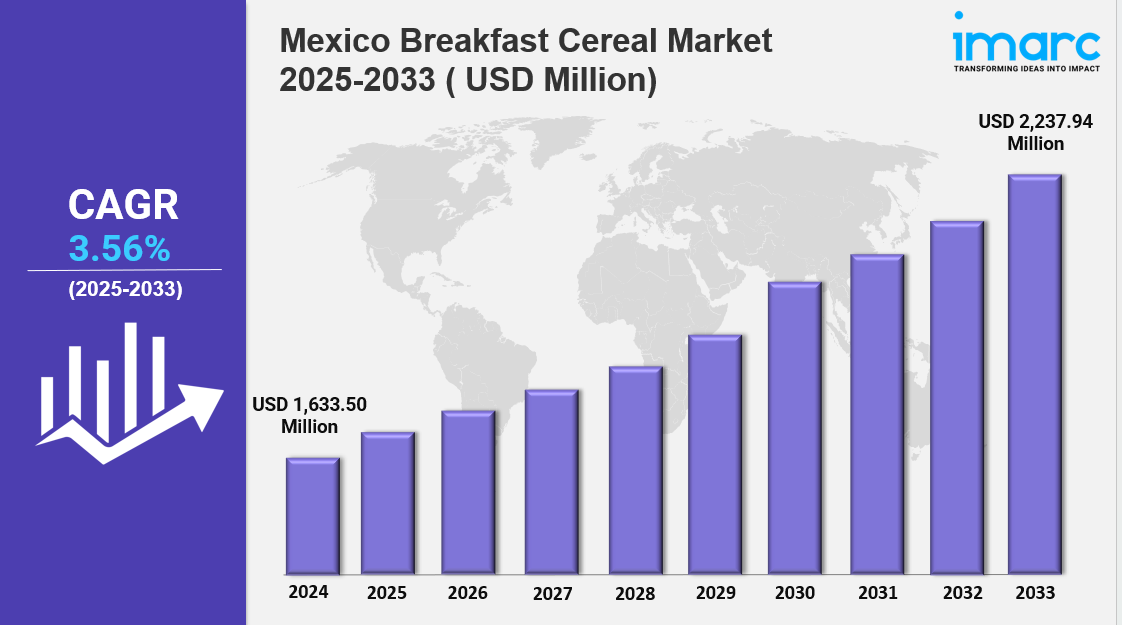In a digital-first era, the real estate industry continues to undergo profound transformation. As consumers increasingly rely on online platforms to search for properties, the traditional methods of marketing are no longer sufficient. Real estate professionals must now embrace digital strategies to remain competitive and among these, Search Engine Optimization (SEO) has emerged as a cornerstone for success. Many forward-thinking agencies now partner with a top real estate SEO company to ensure their digital visibility and growth. This article explores the future of real estate marketing and demonstrates how leveraging SEO can provide a lasting competitive advantage.
1. The Evolution of Real Estate Marketing
Real estate marketing has evolved rapidly over the past two decades. The once-dominant methods newspaper classifieds, direct mail, yard signs, and print brochures have given way to digital platforms that offer broader reach and real-time engagement. Websites, social media, online listings, virtual tours, and digital advertisements now dominate the marketing toolkit.
Today’s homebuyers and renters are tech-savvy and mobile-first. According to the National Association of Realtors (NAR), over 95% of buyers used online tools during their home search in 2024. This digital behavior necessitates a strong online presence for real estate professionals and SEO remains the key to visibility in this crowded landscape.
2. Why SEO Matters in Real Estate
SEO is the practice of optimizing web content to rank higher on search engine results pages (SERPs). In real estate, SEO helps agencies, brokers, and independent agents reach potential clients exactly when they are searching for homes, rental properties, or market information.
Key Benefits of SEO in Real Estate:
- Increased Visibility: Appearing on the first page of Google significantly boosts traffic to your listings and website.
- High-Quality Leads: SEO targets users who are actively searching for real estate services, increasing the likelihood of conversion.
- Cost-Effective Marketing: Compared to paid ads, SEO delivers long-term traffic without continuous investment.
- Local Market Penetration: Local SEO allows agents to dominate niche geographic markets.
- Brand Authority: High rankings build credibility and trust with potential clients.
3. Understanding SEO in the Real Estate Context
Effective real estate SEO involves a combination of technical and content-driven strategies tailored specifically to the industry.
On-Page SEO
This includes optimizing individual web pages for keywords, meta tags, internal linking, and multimedia content.
- Keyword Optimization: Use targeted terms like “homes for sale in [City],” “best real estate agent in [Area],” and long-tail keywords that reflect user intent.
- Meta Descriptions and Titles: Write compelling metadata that encourages click-throughs while incorporating primary keywords.
- Mobile Responsiveness: Ensure websites load quickly and perform well on mobile devices, where most users browse.
- Schema Markup: Implement real estate-specific schema to help search engines understand content like addresses, property listings, and agent information.
Off-Page SEO
This refers to actions taken outside your website to improve ranking.
- Backlink Building: Acquire high-quality backlinks from reputable websites like local news outlets, directories, and industry blogs.
- Local Citations: Ensure consistent NAP (Name, Address, Phone Number) information across local directories like Yelp, Google Business Profile, and Zillow.
- Social Signals: Promote content on social media to drive engagement and indirectly influence SEO.
Technical SEO
This ensures that search engines can crawl, index, and rank your website effectively.
- Fast Loading Speed: Compress images, reduce server response times, and use efficient coding.
- Secure Site (HTTPS): Security plays a role in search rankings and user trust.
- Clean URL Structure: Use SEO-friendly URLs with relevant keywords.
- XML Sitemaps and Robots.txt: Guide search engines in crawling and indexing your site correctly.
4. The Rise of Local SEO in Real Estate
Real estate is inherently local. Buyers look for properties within specific neighborhoods, school districts, or price brackets. Therefore, local SEO has become a powerful tool for agents and firms seeking to dominate their geographical niches.
Strategies to Win at Local SEO:
- Google Business Profile Optimization: Keep profiles updated with current listings, hours, contact information, and customer reviews.
- Location Pages: Create individual pages for each neighborhood or city you serve, highlighting local amenities, schools, and market trends.
- Geo-Targeted Content: Write blog posts and guides specific to areas you serve e.g., “Top 5 Schools in [Neighborhood]” or “Best Restaurants Near [Zip Code].”
- Map Integration: Use embedded maps and geotagged photos to boost local relevance.
Local SEO allows agents to appear in the coveted “Map Pack” on Google, which captures a significant share of local traffic.
5. The Role of Content Marketing in SEO
Search engines favor websites that consistently produce high-quality, relevant content. In real estate, content marketing can be used to educate, inform, and engage prospective clients.
Types of High-Impact Content:
- Neighborhood Guides: Offer insights into local amenities, schools, transportation, and lifestyle.
- Real Estate Market Updates: Publish monthly or quarterly reports that discuss housing trends, pricing, and inventory.
- Property Spotlights: Feature high-value listings with professional photos, virtual tours, and compelling descriptions.
- How-To Articles: Help buyers and sellers with tips like “How to Stage Your Home” or “Steps to Buying a First Home.”
- Video Content: Showcase homes, offer virtual tours, and share agent advice through video an increasingly important SEO asset.
Content should be optimized with appropriate keywords and internal linking strategies. Evergreen content (that remains relevant over time) offers compounding value by continually attracting traffic and leads.
6. Leveraging Data and Analytics for SEO Strategy
To maintain a competitive edge, real estate professionals must rely on data to inform their SEO decisions. Tools like Google Analytics, Google Search Console, and third-party SEO platforms provide insights into website performance and user behavior.
Key Metrics to Monitor:
- Organic Traffic Volume: Measures the number of visitors coming from search engines.
- Bounce Rate: Indicates how quickly users leave your site often a sign of poor UX or irrelevant content.
- Keyword Rankings: Tracks where your pages rank for targeted search terms.
- Click-Through Rate (CTR): Shows how effective your titles and meta descriptions are in attracting clicks.
- Conversion Rate: Measures how many visitors complete desired actions contacting an agent, signing up for a newsletter, or scheduling a tour.
By continually analyzing these metrics, marketers can refine their SEO strategy to maximize ROI.
7. The Impact of AI and Voice Search
Artificial Intelligence (AI) is transforming how search engines interpret content and how users search for information. Google’s algorithms now focus heavily on user intent and context, rather than just keywords.
Implications for Real Estate SEO:
- Voice Search Optimization: With the rise of smart speakers and mobile assistants, users are conducting more conversational searches like “What’s the average home price in Scottsdale?” Optimize content with natural language queries and FAQs.
- Semantic Search: Focus on answering questions and providing value, rather than keyword stuffing.
- AI-Generated Insights: Use AI tools to generate content ideas, optimize headlines, and forecast market trends.
As technology continues to evolve, real estate professionals must stay ahead of these changes to maintain strong SEO performance.
8. The Competitive Advantage of SEO in the Coming Decade
In an increasingly crowded marketplace, standing out requires more than just attractive listings. SEO provides a sustainable, scalable, and measurable marketing strategy that gives real estate professionals a true competitive edge.
How SEO Drives Competitive Advantage:
- Sustained Traffic Growth: Unlike paid advertising, SEO compounds over time, delivering long-term traffic gains.
- Improved Lead Quality: SEO targets users with strong intent, increasing the chances of successful transactions.
- Cost Efficiency: Once implemented, SEO delivers returns with minimal ongoing investment.
- Brand Authority: High SERP rankings signal trust, reliability, and professionalism.
Firms that invest in SEO today will secure a stronger position in the market tomorrow.
9. Building an SEO-First Real Estate Marketing Strategy
To succeed in the future, real estate firms must embed SEO into every layer of their marketing strategy from website development to content creation and lead nurturing.
Steps to Build an SEO-First Strategy:
- Conduct an SEO Audit: Analyze your current site’s technical health, keyword rankings, and backlink profile.
- Define SEO Goals: Align your SEO strategy with broader business goals e.g., increase local leads or grow organic traffic by 40%.
- Develop a Content Calendar: Plan consistent content that supports SEO objectives and engages users.
- Invest in Tools and Talent: Leverage SEO software and, if necessary, work with digital marketing specialists.
- Measure, Adjust, Repeat: Track performance regularly and adapt strategies based on results and changing algorithms.
Conclusion
The future of real estate marketing is digital, data-driven, and SEO-centric. As more buyers and sellers begin their property journeys online, the need for visibility, relevance, and credibility becomes non-negotiable. SEOFAT, a leader in real estate SEO solutions, empowers professionals to meet these demands by placing their services in front of the right audience at the right time.
By adopting an SEO-first mindset today, real estate businesses can ensure they remain discoverable, competitive, and successful in a dynamic market for years to come. Those who ignore this shift risk falling behind; those who embrace it will lead the next generation of real estate excellence.



